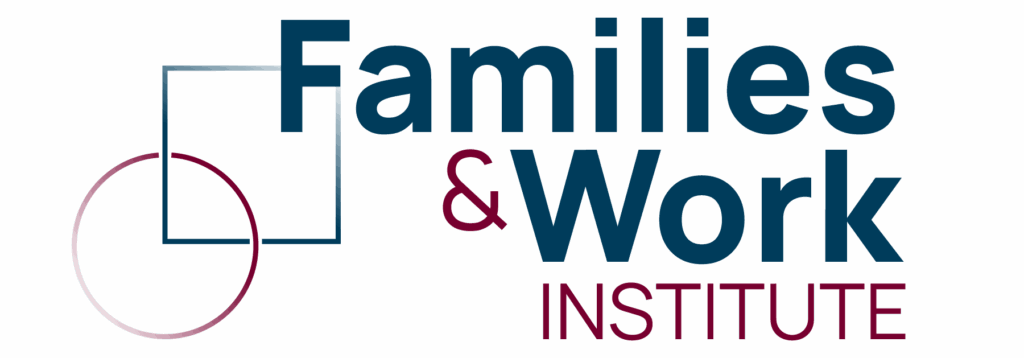
When I left the Education Summit in 2012 everyone seemed to be talking about developing life skills, not just basic academics, in children as a way to ready the workforce of the future. That was a good thing. What wasn’t so good was the perception that such skills, including self-control and taking on challenges, were soft, or non-cognitive skills.
These skills require intellect and are indeed cognitive skills as much as they’re social and emotional skills.
If we don’t get the language right we risk seeing the focus on skills end up as an education flavor of the month.
Part of the problem may have been all the recent hype around the premise of Paul Tough, author of a new book titled “How Children Succeed.” Tough, who had been showing up everywhere, including NPR, the Wall Street Journal, and at last week’s Summit, was promulgating the idea that skills, including self-control and persistence, are non-cognitive.
He argued against what he called the “cognitive hypothesis” where what matters most was stuffing information into children’s brains. Instead (the operant word), he called for developing different qualities:
…a list that includes persistence, self-control, curiosity, conscientiousness, grit, and self-confidence. Economists refer to these as non-cognitive skills, psychologists call them personality traits, and the rest of us sometimes think of them as character.
I, too, investigated these issues by reviewing longitudinal studies from numerous academic disciplines. I found that, in fact, there are a group of skills that predict school and life success, and many are similar to Tough’s. These include focus and self control, perspective taking, communicating, making connections, critical thinking, taking on challenges, and being a self directed learner. This is the list of skills I would argue are most important because they are based on numerous studies that follow children as they grow up.
Using the list of skills I identify, it is clear that they are indeed cognitive. They are also social and emotional. All of these skills are based on executive functions of the brain. These are the brain functions we use to manage our attention, our emotions, and our behavior in pursuit of our goals. Adele Diamond, one of the foremost researchers on executive functions, finds that they predict children’s success as well as—if not better than—IQ tests, as she explains:
Typical traditional IQ tests measure what’s called crystallized intelligence, which is mostly your recall of what you’ve already learned—like what’s the meaning of this word, or what’s the capital of that country? What executive functions tap is your ability to use what you already know—to be creative with it, to problem-solve with it—so it’s very related to fluid intelligence, because that requires reasoning and using information.
The skills I think we should promote are not only cognitive-social-and emotional, they reap cognitive results. As just one example, a study by Megan McClelland of Oregon State University and her colleagues found that one aspect of executive function skills in four-year-olds—what the researchers call “attention-span persistence”—is strongly predictive of whether or not these same children graduated from college when they were 25-years-old. The researchers define attention span-persistence as “the ability to focus, attend to relevant information, and persist on a task.”
All this dovetailed nicely into the key theme from the Summit. Amid the familiar educational rhetoric, it became clear that the concept of an achievement gap has evolved into the notion of a workforce readiness or skills gap. Three prominent CEOs—Ellen Kullman of DuPont, John Noseworthy of the Mayo Clinic, and Eric Spiegel of Siemens made this point loud and clear at the Summit, reinforced by many prominent educators, the then Secretary of Education Arne Duncan and several of his predecessors, researchers and case studies.
There was the predictable search for a magic bullet to move the United States ahead from its slipping international standing in educational attainment and in workforce readiness. Is parent choice the answer, Common Core State Standards, higher expectations, teacher quality, or parent engagement? These debates were often tied to current events (the Chicago teacher strike, family poverty, etc.) and just as often turned into posturing blame games about who’s really for kids—teachers (as represented by unions) versus parents versus school boards versus business. To use a tag line from the 90s: “who’s for kids and who’s just kidding?”
By rallying around the importance of teaching life skills to our youth we can all say we’re for kids. But we’re all just kidding ourselves yet again if we end up putting key intellectual qualities in a “soft skills” education bucket.
We need to take the essential life skills I’ve identified seriously and realize children need both content and skills. Content is the “what” of learning, content is also the “how.”
Reprinted from The Huffington Post


Your support will allow us to continue to deliver our high-quality research, publications, and services to you. Families and Work Institute is registered as a 503(c)(3) non profit organization
EIN 13-3560042.
To provide a Corporate Gift or have Donation questions – Please email donate@familiesandwork.org